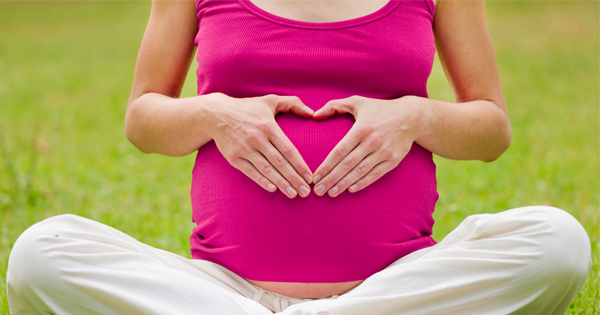Advertisement
There are always new ways that alternative medicine tries to make birth more comfortable for expecting mothers.
The newest is hypnobirthing, which revolves around relaxation and self-hypnosis.
This practice was introduced in 2012, and now in 2015, the NHS in the UK experienced such a high demand that they’re offering it for free.
At a hospital in Colchester that offers the classes, almost 25% of women who gave birth had taken a hypnobirthing course before they delivered.
“Hypnobirthing is where water-birthing was 20 years ago,” says Teri Gavin-Jones, a midwife who’s trained in hypnobirthing. “Back then it was considered a bit weird and there was a lot of skepticism from the medical community. But now every trust in the country does water births. Give it 10 years and hypnobirthing will be the standard antenatal practice. It’ll be mainstream.”
Hypnobirthing is said to reduce, if not completely eliminate pain for mothers during childbirth. It’s based around the idea that there’s no reason for birth to be a painful process.
Of course, the scientific backing for this technique is pretty inconclusive. The biggest study on hypnobirthing, which took 680 women who gave birth in all different ways, found that self-hypnosis didn’t make a difference in type of birth, or the use of analgesic treatment in birth.
Advertisement
But if you’re interested in hypnobirthing, doctors and midwives say there’s no reason to fear it. One midwife, Gail Johnson, said “It’s not ‘one, two, three, go into a trance and wake up with a baby.’ The hypnobirthing process is not necessarily about hypnosis, it’s often about focusing on something other than the pain of labour and that’s not something that’s particularly new.”
If anything, it can at least help you feel less anxious about one of the most stressful experiences in a woman’s life. And that’s not nothing.




